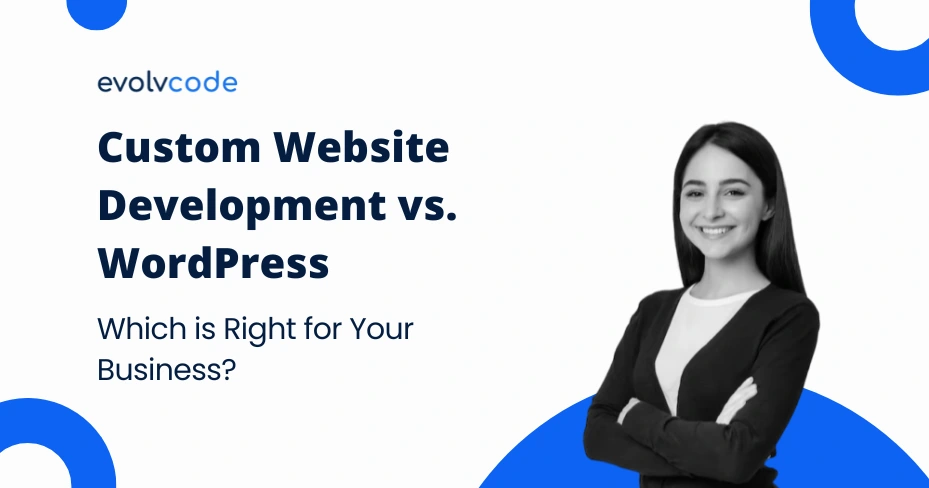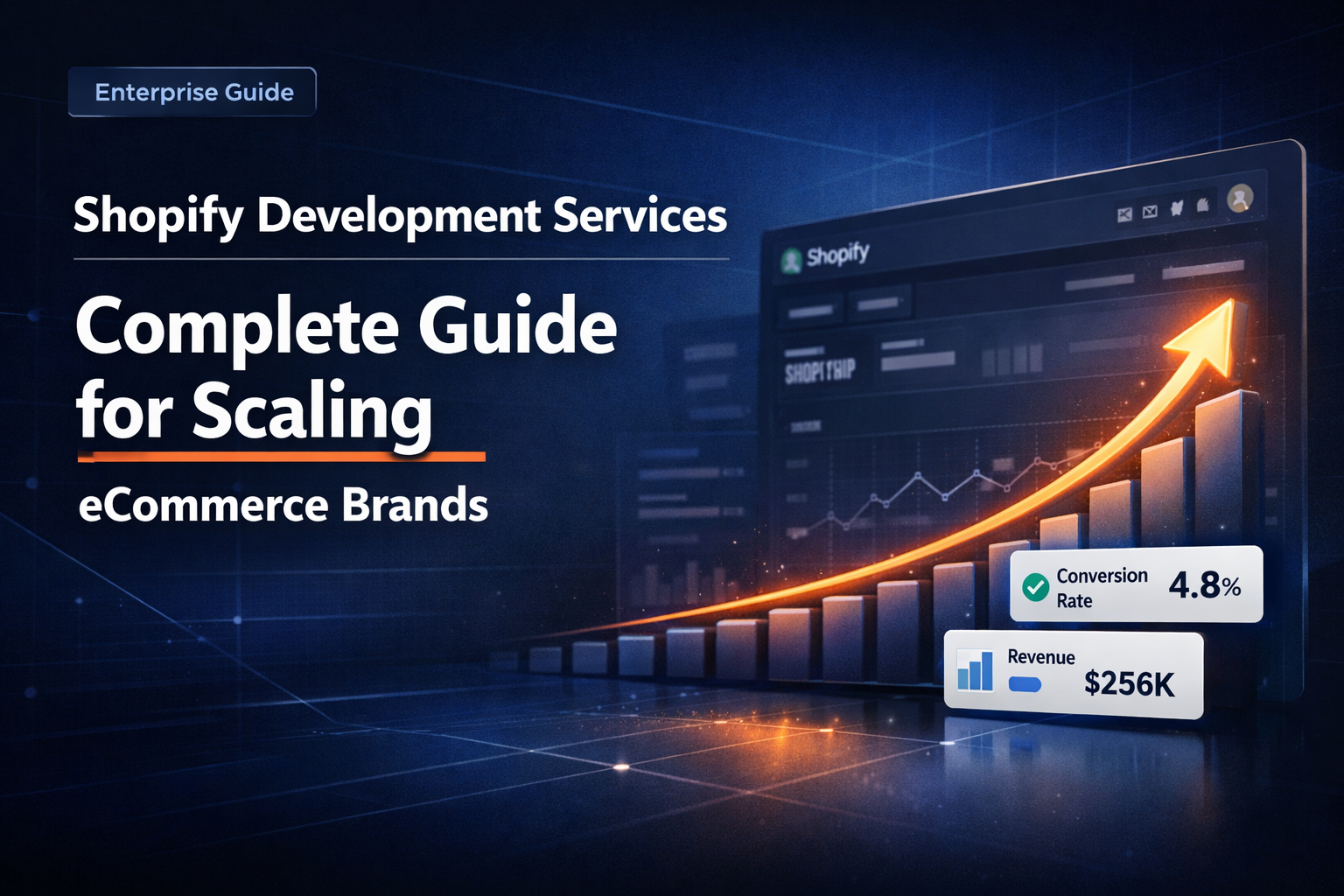In the digital age, having a website is crucial for any business. The question often arises: should you opt for custom website development or go with a popular CMS like WordPress? Both approaches have their pros and cons, and the best choice depends on your specific needs, budget, and technical expertise.
Custom Website Development
Custom website development involves building a site from scratch using various programming languages and frameworks. This method provides unparalleled flexibility and scalability, allowing for unique and tailored solutions.
Pros:
- Complete Customization: You can build anything you envision without being limited by pre-built templates or plugins.
- Scalability: Custom websites can be scaled as your business grows, adding new features without constraints.
- Performance: Optimized for speed and performance, custom websites can offer a superior user experience.
Cons:
- Cost: Custom development is typically more expensive due to the amount of work involved.
- Time: Building a custom site takes longer than setting up a WordPress site.
- Maintenance: Requires a dedicated developer or team for updates and maintenance.
Example Code Snippet: HTML + CSS
Here’s a simple example of a custom webpage using HTML and CSS:
<!DOCTYPE html>
<html lang="en">
<head>
<meta charset="UTF-8">
<meta name="viewport" content="width=device-width, initial-scale=1.0">
<title>Custom Website</title>
<style>
body {
font-family: Arial, sans-serif;
margin: 0;
padding: 0;
background-color: #f4f4f4;
}
header {
background-color: #333;
color: #fff;
padding: 10px 0;
text-align: center;
}
.container {
max-width: 1200px;
margin: 0 auto;
padding: 20px;
}
.card {
background-color: #fff;
padding: 20px;
margin: 20px 0;
border-radius: 5px;
box-shadow: 0 0 10px rgba(0, 0, 0, 0.1);
}
</style>
</head>
<body>
<header>
<h1>Welcome to Custom Website</h1>
</header>
<div class="container">
<div class="card">
<h2>About Us</h2>
<p>This is a custom-built website using HTML and CSS.</p>
</div>
</div>
</body>
</html>
WordPress Website Development
WordPress is a content management system (CMS) that powers over 40% of the web. It’s known for its ease of use, extensive plugin ecosystem, and flexibility.
Pros:
- Ease of Use: No need for coding knowledge. You can set up and manage your site using the WordPress dashboard.
- Cost-Effective: Many themes and plugins are free or relatively inexpensive.
- Community Support: A large community of developers and users for support and resources.
Cons:
- Customization Limits: While highly flexible, WordPress has limitations compared to custom development.
- Performance Issues: Depending on the number of plugins and the theme used, WordPress sites can be slower.
- Security: WordPress sites are common targets for hackers due to their popularity, requiring regular updates and security measures.
Example Code Snippet: WordPress Theme Template
Here’s an example of a basic WordPress theme template in PHP:
<?php
/*
Template Name: Custom Page
*/
get_header(); ?>
<div class="container">
<div class="content">
<h1><?php the_title(); ?></h1>
<?php
if (have_posts()) :
while (have_posts()) : the_post();
the_content();
endwhile;
endif;
?>
</div>
</div>
<?php get_footer(); ?>
Comparing Custom Website Development and WordPress
1. Flexibility and Customization
- Custom Development: Offers complete control over every aspect of the site. Ideal for complex projects requiring unique functionalities.
- WordPress: Offers extensive flexibility through themes and plugins but may require custom coding for advanced features.
2. Cost
- Custom Development: Generally more expensive due to the need for specialized skills and time.
- WordPress: More cost-effective, especially for small businesses and startups. Free themes and plugins can keep costs low.
3. Time to Launch
- Custom Development: Longer development time due to building from scratch.
- WordPress: Faster to launch, especially with pre-built themes and plugins.
4. Maintenance
- Custom Development: Requires a dedicated team for ongoing maintenance and updates.
- WordPress: Easier to maintain with a user-friendly dashboard, but regular updates are needed to keep the site secure.
5. Scalability
- Custom Development: Highly scalable, suitable for growing businesses with evolving needs.
- WordPress: Scalable to an extent, but may face performance issues with extensive customizations and heavy traffic.
6. Performance
- Custom Development: Generally faster and more efficient, tailored for optimal performance.
- WordPress: Performance can vary based on themes, plugins, and hosting.
Conclusion
Choosing between custom website development and WordPress depends on your business needs, budget, and long-term goals. Custom development offers unmatched flexibility and scalability but comes with higher costs and maintenance requirements. WordPress, on the other hand, provides a cost-effective and user-friendly solution with extensive community support. Assess your priorities and resources to make an informed decision that aligns with your business objectives.



